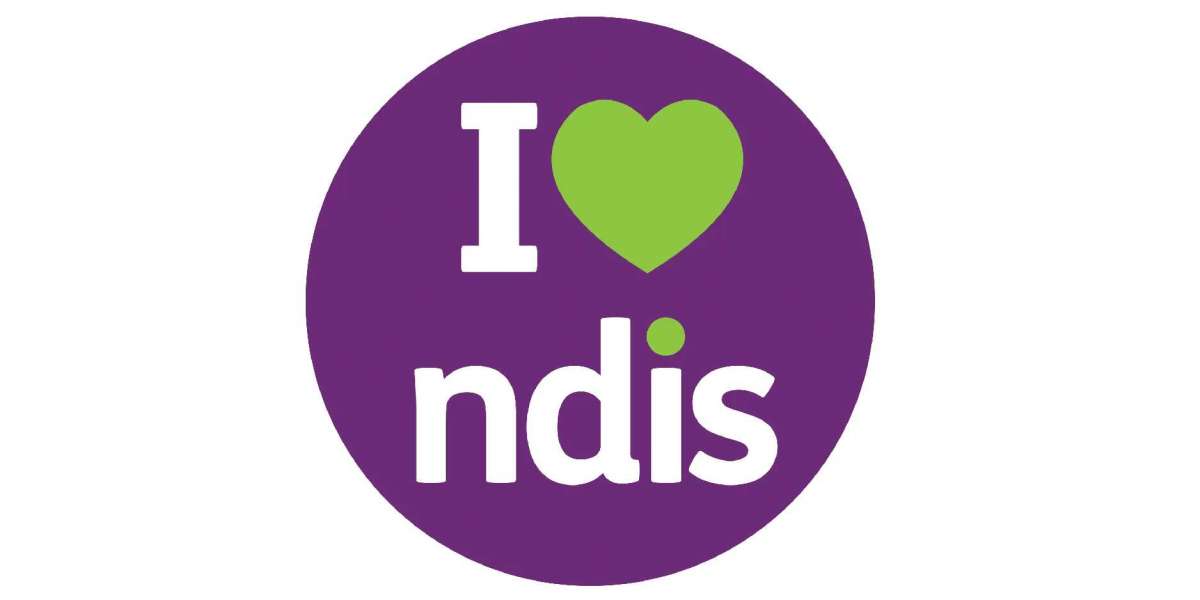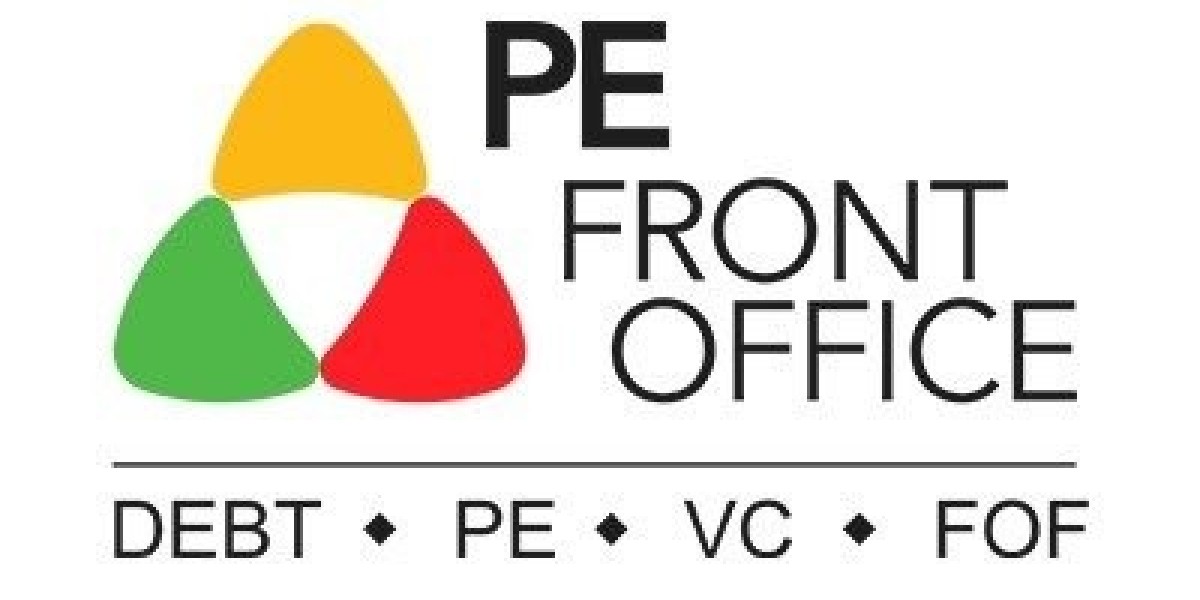If you or someone you know is living with a disability, it's important to know about the National Disability Insurance Scheme (NDIS). The NDIS is a government-funded program that provides support for people with disabilities, their families, and carers. In this article, we'll cover everything you need to know about NDIS support, including eligibility criteria, funding options, and how to access services.
What is the NDIS?
The NDIS is a national scheme designed to provide support services for people with permanent and significant disabilities. It was introduced in 2013 and is administered by the National Disability Insurance Agency (NDIA). The scheme aims to provide people with disabilities the support they need to live an ordinary life. This includes access to services such as healthcare, education, employment, and housing.
Eligibility Criteria for NDIS Support
To be eligible for NDIS support, you must meet certain criteria. Firstly, you must have a permanent and significant disability that affects your ability to participate in everyday activities. Secondly, you must be an Australian citizen, permanent resident, or hold a protected Special Category Visa. Finally, you must be under the age of 65.
If you meet these criteria, you can apply to become a participant in the NDIS. The application process involves completing an Access Request Form and providing supporting documentation, such as medical reports and assessments.
Funding Options for NDIS Support
Once you have been accepted as a participant in the NDIS Toowoomba, you may be eligible for funding to access services and support. The amount of funding you receive will depend on your individual needs and circumstances. Funding is allocated according to the following categories:
1. Core Supports: This funding covers everyday supports such as personal care, assistance with household tasks, and transport.
2. Capacity Building Supports: This funding is aimed at helping you develop skills and increase your independence. It includes things like therapy, training, and education.
3. Capital Supports: This funding is for larger items such as mobility equipment, home modifications, and assistive technology.
How to Access NDIS Support Services
Once you have been approved for NDIS support, you will work with a planner to develop a plan for your support needs. This plan will outline the services and supports you will receive, as well as the funding you are entitled to. You can choose which service providers you want to work with to deliver your support.
NDIS support services can include a wide range of supports, such as:
Personal care, such as assistance with showering, dressing, and grooming
Household tasks, such as cleaning, cooking, and laundry
Mobility aids, such as wheelchairs and walkers
Home modifications, such as ramps and handrails
Therapy services, such as physiotherapy, occupational therapy, and speech therapy
Mental health support, such as counselling and psychology services
Employment support, such as assistance with finding and maintaining a job
Education support, such as tutoring and support for students with disabilities
Social and community participation, such as attending events and participating in social activities NDIS support is flexible and can be tailored to meet your individual needs and goals. Your plan will be reviewed regularly to ensure that you are receiving the support you need.
Conclusion
The NDIS provides essential support for people with disabilities, their families, and carers. If you or someone you know is living with a disability, it's important to understand the eligibility criteria and funding options available through the scheme. By accessing NDIS support services, you can receive the assistance you need to live an ordinary life.









Shalamar Hospital 1 y
Trust Shalamar Hospital for comprehensive digestive care with the <a href="https://shalamarhospital.org.pk/gastroenterology-department/"> best gastroenterologist in Lahore </a>. With a focus on precision and compassion, we address a wide range of gastrointestinal concerns to improve your well-being.